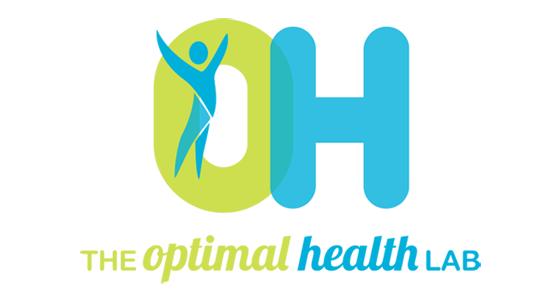August 08, 2019
A concussion is defined as a mild traumatic brain injury that alters the way the brain functions. The effects of concussion are usually temporary but can include altered levels of consciousness, headaches, confusion, dizziness, memory loss of events surrounding the injury and visual disturbance.
Concussion is getting a lot of press in regard to professional sportspeople but is now hugely talked about in all levels of sport and more and more in everyday life. People often bump or bang their heads and it can be difficult to tell whether an injury is serious or not, so we've summarised information to help you best assess the situation before seeking any additional help.
The SCAT-5 is a diagnostic tool for concussion but is only to be administered by a medical professional, so our best recommendation is to download an app called HeadCheck. HeadCheck helps you best assess the symptoms and signs related to a concussion and directs you to the ideal contact point, dependent on severity.
Below is a list of key take-home messages from both these evidence-based assessment tools, combined with our experience as Physiotherapists.
1. Any person with suspected concussion should be removed from activity, medically assessed and monitored for deterioration. No athlete diagnosed with concussion should be returned to play on the day of injury. If a person is suspected of having a concussion, and medical personnel aren't immediately available, they should be referred to the local doctor or emergency department.
2. Concussion signs and symptoms evolve over time and it's important to consider repeat evaluation (using the HeadCheck app) in the assessment of concussion.
3. The diagnosis of a concussion is a clinical judgement make by a medical doctor, not a physiotherapist, any other allied health professional or a parent.
4. There isn't evidence to prove that a helmet reduces the severity of a concussion when playing sport.
5. You don't need to have lost consciousness to experience a concussion.
6. Concussion symptoms can take up to four weeks to go away, sometimes even longer. Children typically take longer to recover from a concussion than adults.
If you need more information regarding concussion, head over to https://www.headcheck.com.au




